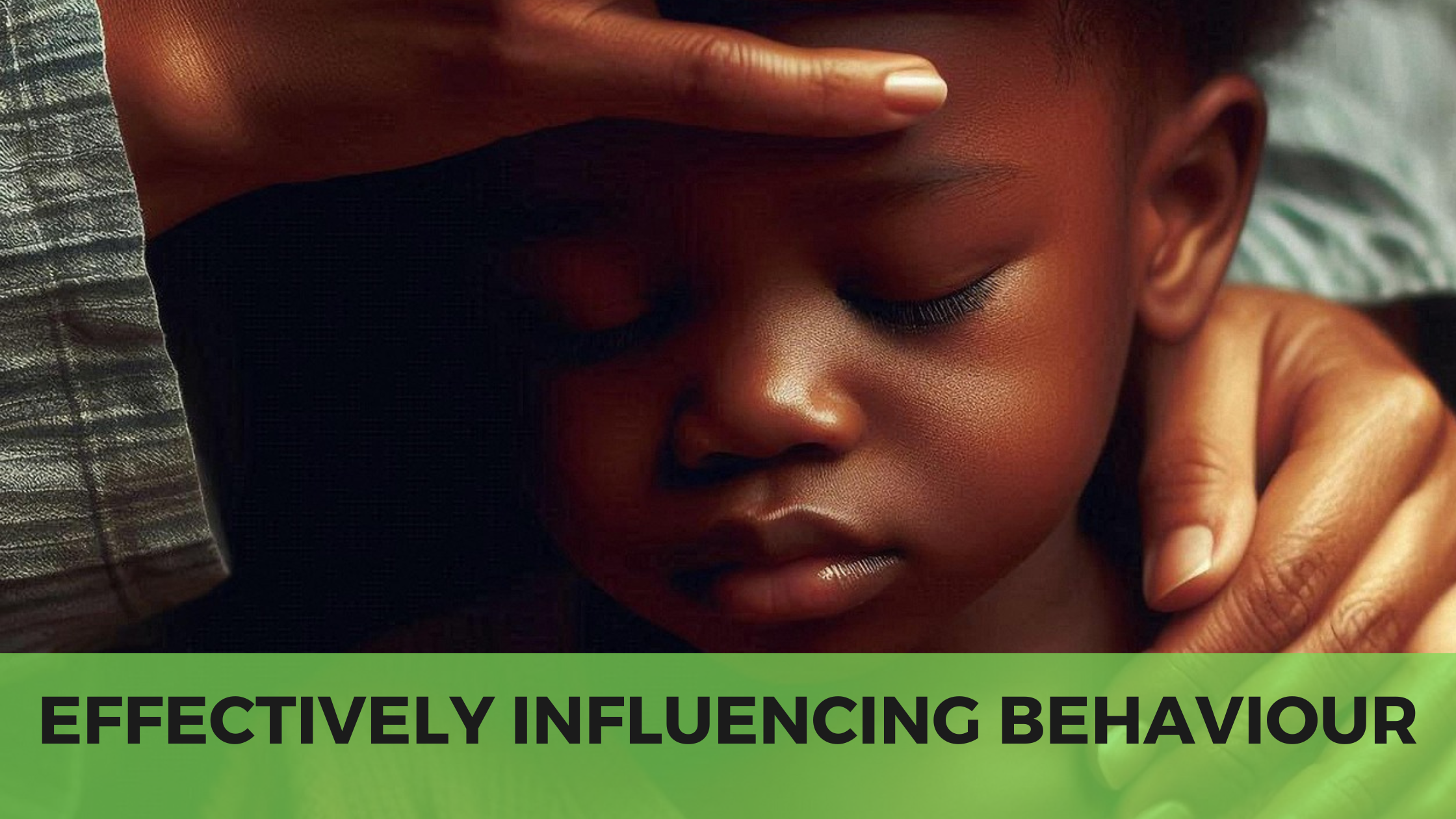Being in the Business Coaching business enables us (Sudesh Int’l Consult) to observe trends. Prior to 2019, there was little PR for mental health especially in the workplace. If you experienced burnout or stress you were perceived to be mental toughness deficient.
Since 2019 however, employees have experienced a prevalence of mental health challenges at work. With COVID-19 coming in 2020 there has been even greater talk about mental health in the workplace.
According to the World Health Organization, Mental health is a state of mental well-being that enables people to cope with the stresses of life, realize their abilities, learn well and work well, and contribute to their community. It is an integral component of health and well-being that underpins our individual and collective abilities to make decisions, build relationships and shape the world we live in.
The ugly side: Mental health is more than the absence of mental disorders. It exists on a complex continuum, which is experienced differently from one person to the next, with varying degrees of difficulty and distress and potentially very different social and clinical outcomes. It is also a basic human right. And it is crucial to personal, community, and socio-economic development by those who champion it.
The fact that mental health is highly subjective; dependent on one’s diagnosis, it becomes hard to establish policies that are inclusive for all employees who are mentally unhealthy. Still, on the ugly side, it is a basic human right unlike others like education, which is hard to measure and quantify.
The bad side: By and large the brain thinks. However mental health is “promoted” by big pharmaceutical Companies as they treat malaria. You don’t have to be a doctor to know this but no medicine can teach you to think better. Medicine used to treat mental health like Sertraline, Beta-blockers, Dosulepin, is associated with causing significant distress, impairment in functioning, or risk of self-harm. People with mental health conditions are more likely to experience lower levels of mental well-being as a result of these drugs.
The bad! Bad! The side is that most people believe in big pharma and don’t know how they work to manipulate everyday people. You don’t have to believe me do your own research!
The good: Discussing mental health has brought back humanity to the workplace. People are not machines and they need to be treated as such. Rather than have a copy-and-paste policy on mental health. Human Resource Managers need to understand the context of mental health. If you can promote mental health as a means to become mentally tough, take responsibility, and deal with others with empathy then it will elevate engagement and impact performance.
In a nutshell, Promoting and protecting mental health at work is a growing area of interest and can be supported through an understanding of the context, training, and interventions for those who genuinely experience mental health deterioration.
If you need us to make a FREE mental health presentation at your workplace reach out on +256773342324








